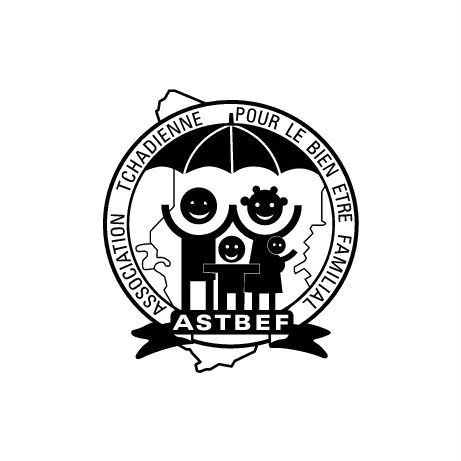

| 31 March 2016
Association Tchadienne pour le Bien-Etre Familial
When the Association Tchadienne pour le Bien-Être Familial (ASTBEF) was formed in 1991, no one was under any illusions that it was faced with an almost impossible task as the international indices for sexual and reproductive health (SRH) demonstrate. Some suggested that it would be overwhelmed and would simply not survive. Over 20 years down the line, the organisation is thriving, thanks in large part to an immensely committed team of staff, over 1,000 volunteers, peer educators, and a strong youth action movement. The organisation runs static clinics and a number of mobile operations which offer voluntary counselling and testing (VCT) for HIV, post-abortion care, antenatal and post-natal care, treatment of opportunistic infections, treatment of male and female infertility, pre-marital counselling, and advocacy against harmful cultural practices such as female genital mutilation and gender based violence. ASTBEF has made a considerable impact on the country’s SRH activity by integrating family planning with maternal and infant health, HIV and AIDS services, and youth-friendly education programmes and service provision. ASTBEF works in partnership with the government’s Global Fund National Coordination Council, and the High Commission for Population and Human Resources National Reproductive Health Programme Supporting Committee. Non-governmental organisation (NGO) links include the Comité d’information et de liaison and the Organisation des Acteurs non Etatiques (OANET). Private sector partners include PPFAI, NACA, HAPAC, SFH, The Central Bank of Nigeria, CAP Plc, and Nigeria Breweries, and donors who support ASTBEF’s work include UNFPA, UNICEF, PNUD, Médecins du Monde, the US Embassy, PSR, GTZ, the Ministry of Social Action and Family Affairs.

| 31 March 2016
Family Planning Organization of the Philippines
The Family Planning Organization of the Philippines (FPOP) is the largest and most prominent non-governmental family planning organization in the Philippines. It seeks to secure universal access to quality family planning information education and services, with a view to enabling people to make active personal decisions about their sexual and reproductive health (SRH). FPOP aims to mobilize public support for the individual’s right to practise family planning and as a result, a major target is young people. Additionally, there is a real need in the Philippines for men to take a more active role in family planning and parenting, and FPOP is at the forefront of developing and implementing strategies to achieve this objective. It operates more than 1,100 services points, including 29 permanent and 27 mobile clinics and has a network of over 1,000 community-based distributors/community-based services (CBDs/CBSs). Clinics provide voluntary surgical contraception, reversible contraception, medical and laboratory services, and fertility awareness advice. The delivery models which FPOP has developed have been adopted and replicated by public health authorities, and FPOP has significant advisory input to the national SRH policy agenda. Website: www.fpop1969.org







